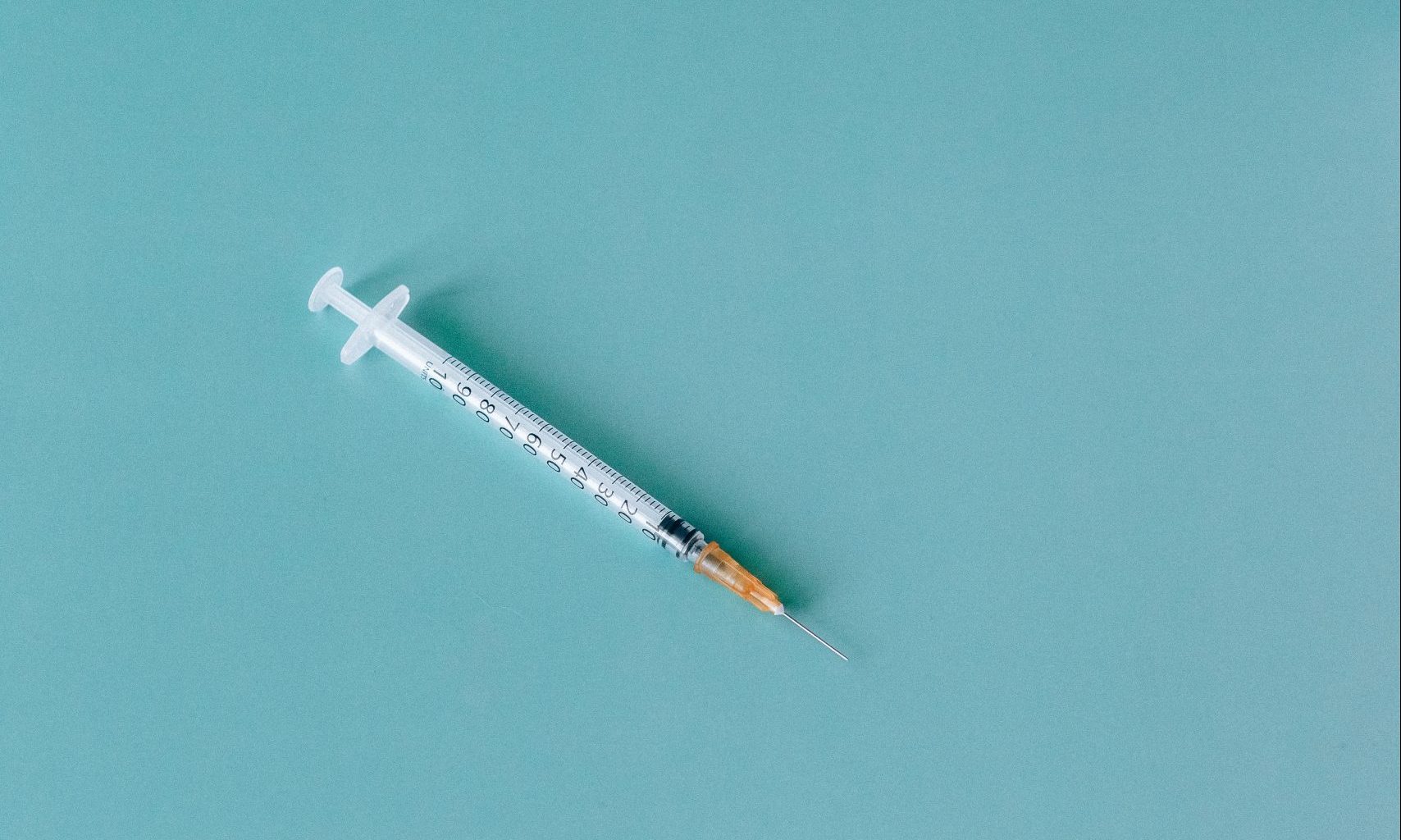Politics
New York Senators Approve Safe Drug Consumption Site Pilot Program Bill

A bill that would create a statewide overdose prevention center pilot program in New York narrowly passed out of a Senate committee this week, though lawmakers on both sides of the issue said they expect further debate on the proposal if it makes it to the chamber floor.
The Senate Health Committee voted 7–6 on Tuesday to advance the latest version of the bill, S.339, from Sen. Gustavo Rivera (D). It next proceeds to the Senate Finance Committee.
The bill is one “that I feel very, very, very committed to,” Rivera, who also chairs the Health Committee, said at the beginning of the hearing, “and I’m hoping we can get it passed.”
New York City became the first U.S. jurisdiction to host locally sanctioned harm reduction centers in November 2021, and early results have been positive.
Rivera pointed to the two sites before the vote, saying they “have been saving lives every single day that they’ve been operating.” In the over 30 years that supervised consumption sites have operated globally, he continued, “not a single person who has overdosed in them has ever died.”
He also acknowledged that some members of the committee opposed the plan. “We can certainly have a long conversation here,” he said, “or we can have a long conversation on the floor, where I hope to be able to get it at some point soon.”
The committee’s ranking Republican member, Sen. Patrick Gallivan, agreed that “the floor would be the most appropriate place to have a longer discussion,” adding that “there are many people who oppose the approach to the expansion or establishment of these centers.”
“And I hope that we do get to have a conversation on the floor, sir,” Rivera replied.
It’s not the first time the New York Senate panel has considered the legislation. It passed an earlier version a year ago, also on a 7–6 vote. The state’s Assembly passed a similar bill that same month.
If the measure becomes law, New York would join Rhode Island and Minnesota in authorizing the facilities. Vermont lawmakers also recently passed a bill to establish and fund a pilot program in Burlington, though the state’s governor has signaled he intends to veto it.
The current version of New York’s S.399 would establish a five-year “Safer Consumption Services Pilot Program” under the state’s Department of Health (DOH) that would authorize 10 overdose prevention centers across the state. The department would approve or deny applications from organizations to run the centers following consultation with municipal or community leaders.
Entities operating the centers would need to have a community advisory board that would develop policies for soliciting community engagement and feedback in order to address any local concerns.
Sites would be co-located at existing DOH-authorized syringe services facilities and would need to comply with other requirements as determined by health officials.
The latest changes, sponsor Rivera explained at this week’s hearing, deal with tracking and community reporting around the would-be sites.
The bill page on the legislature’s website says the fiscal implications of the proposal are yet to be determined.
As for the safer consumption facilities operating in New York City, a study by the American Medical Association (AMA) last July found that the sites had decreased the risk of overdose, steered people away from using drugs in public and provided other ancillary health services to people who use illicit substances. Separate research published by AMA late last year found that the centers have not led to increased crime despite a significant decrease in arrests.
Meanwhile the federal government has fought an effort to open an overdose prevention center in Philadelphia, with the Biden administration arguing that the facilities violate federal law. Last month, the court in that case granted the Justice Department’s motion to dismiss a challenge from organizers.
The Supreme Court rejected a request to that hear that case in October 2021.
DOJ first blocked the Philadelphia nonprofit from opening the overdose prevention center under the Trump administration. Supporters hoped the department would cede the issue under President Joe Biden, who has promoted harm reduction policies as an alternative to criminalization, but the parties could not reach an agreement to allow the facility to open despite months of “good faith” negotiations.
Congressional researchers have highlighted the “uncertainty” of the federal government’s position on the facilities, pointing out last November that lawmakers could temporarily resolve the issue by advancing an amendment modeled after the one that has allowed medical marijuana laws to be implemented without Justice Department interference.
Meanwhile, National Institute on Drug Abuse (NIDA) Director Nora Volkow has tacitly endorsed the idea of authorizing safe consumption sites, arguing that evidence has effectively demonstrated that the facilities can prevent overdose deaths.
Volkow declined to say specifically what she believes should happen with the ongoing lawsuit, but she said safe consumption sites that have been the subject of research “have shown that it has saved a significant [percentage of] patients from overdosing.”
Rahul Gupta, the White House drug czar, has said the Biden administration is reviewing broader drug policy harm reduction proposals, including the authorization of supervised consumption sites, and he went so far as to suggest possible decriminalization.
The National Institutes of Health (NIH) put out a pair of requests for applications in December 2021 to investigate how safe consumption sites and other harm reduction policies could help address the drug crisis.
Gupta, the director of the White House Office of National Drug Control Policy (ONDCP), has said it’s critical to explore “any and every option” to reduce overdose deaths, which could include allowing safe consumption sites for illegal substances if the evidence supports their efficacy.




